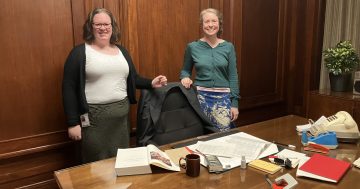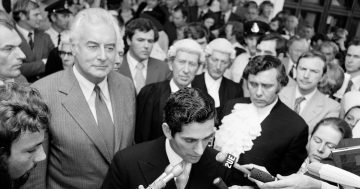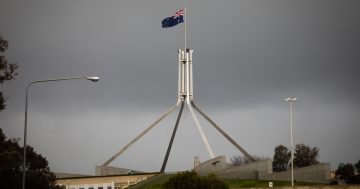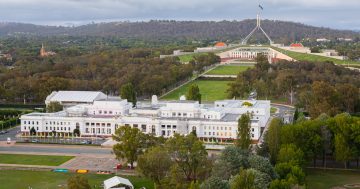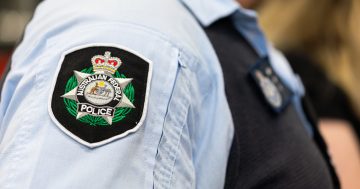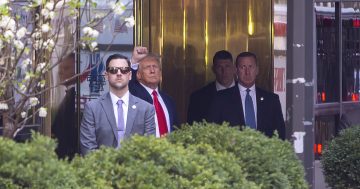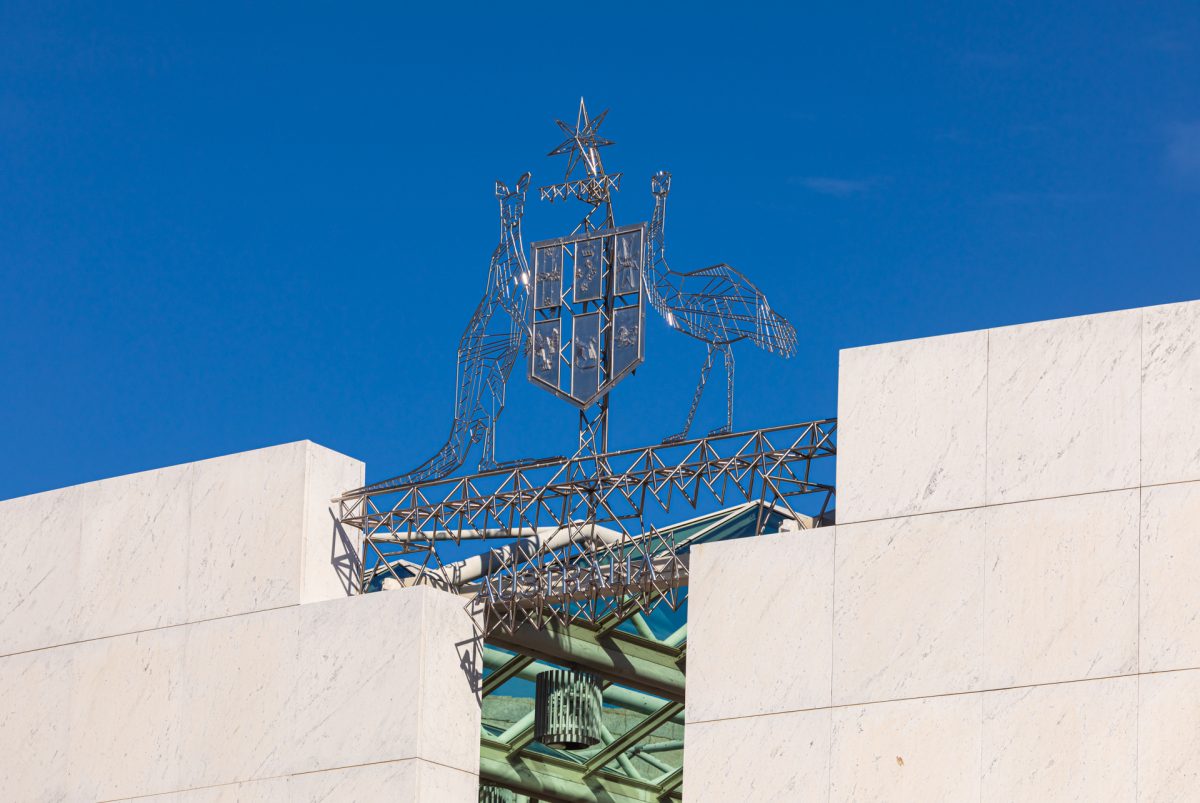
What would a Museum of Political Scandals and Controversies look like? Photo: Michelle Kroll.
Here in the ACT, we have some excellent places for tourists and school groups to visit and celebrate democracy.
Old Parliament House, new parliament house, Duntroon, lots of edifices and smaller buildings housing government departments and agencies, and also a large number of embassies representing other democracies – and some that don’t represent democracy.
What we lack is an acknowledgement of the ‘other’ side of politics. The bad and controversial side. What we need is a ‘Museum of Political Scandals and Controversies’ (or MOPSAC, as it would become known in a city that loves its acronyms).
Scandals matter; they highlight the pressures that shape our politics. They shouldn’t be forgotten nor swept under the carpet of history.
They will happen again, and maybe a museum where the behaviour is forever celebrated (so to speak) will send a message to politicians (and others associated with them) that their bad behaviour will be forever remembered through this museum and its website.
It is important as even the best and most ethical of people can get caught up in the hazy, crazy world of politics, power and privilege and forget that it is about the people and the nation – not them.
Throughout the history of any democracy, there will be plenty of scandals. There are a lot of examples to choose from throughout Australia’s history.
There is the recent Robodebt disgrace, of course, and some of the shameful behaviours in the Parliament House itself.
And prior to that, we have seen plenty, including:
- Various love affairs and hookups between politicians and staffers
- That time we had a lot of by-elections because politicians failed the citizenship test
- The Khemlani Loans Affair from the Whitlam era
- The white Australia policy
- The sending in of troops to break strikes in coal mines in 1949
- The Petrov Affair
- The great schism of the ALP in the 1950s
- The Gair Affair (and anything to do with Joh Bjelke-Peterson)
- The Dismissal of Gough Whitlam
- The Combe-Ivanov Affair
- Many and various sports rorts
- The Tampa Affair
- Any number of travel rorts
- The children overboard fiasco
- The oil for wheat scandal
- Pink Batts
- Many big business and/or union issues and scandals
- The National Energy Guarantee fiasco
- The unexpected resignation of elected MPs and Senators from the political parties that supported and funded them to get elected
- The misuse of VIP aircraft and vehicles
- The disappearance of Harold Holt
- The merry-go-round of Prime Ministers between 2007 and 2015
- The institutionalised police corruption in Queensland in the 1970s and 1980s
- The fraud around railway construction in Victoria in the 1880s
- The dismissal of NSW Premier Jack Lang in 1932
- Various and many ‘conflict of interest’ scandals, and
- The list of embarrassing political behaviours and events goes on and on and, of course, continues to grow.
This museum and its website would provide essential learning for voters and the next generation of voters on what can go wrong if we don’t keep a sharp eye on parliamentarians and other political apparatchiks.
This museum would be very popular and should be built next to the National Museum, or maybe in Kingston where, in restaurants and bars, a lot of affairs and scandals took place and/or were planned.
This appears to be a bit of satire, but think about it. Why shouldn’t people be reminded of what happened and why it happened?
Shouldn’t kids who study history and learn about democracy be aware of what can go wrong?
It would be interactive, of course. For example, with the Children Overboard Affair, the visitor could read about what happened and why it happened – or the various reasons why it happened – from the different sides of politics.
The interactive part is where the observer gets to make choices and sees the potential result.
For example, if Mr Howard had admitted that it hadn’t occurred, would he have lost that election?
Does the observer believe that is a valid reason to lie? If faced with the pressure of an election, would they be able to resist the temptation to lie? Especially if the political polls weren’t so good for their side.
The Dismissal of Gough Whitlam would be explained and the observer asked what they would do if they were Governor-General.
If supply was refused, when would the GG step in and resolve the issue with an election? The observer would learn exactly what type of chaos the denial of supply to a government can create.
This would be lessons on the hard side of democracy – where dishonesty overrides the truth.
The Museum of Political Scandals and Controversies could be funded by any fines paid by wayward politicians and others or money repaid that was unfairly claimed.
It could also be a part of the induction of new politicians to see what happens on the dark side – a motivator to not be part of the museum.
Or would it give a new generation of politicians some ideas?
Peter Strong was a Canberra business owner and CEO of the Council of Small Business Australia (COSBOA) for 11 years. He has announced his candidacy as an independent in the 2024 ACT election.
Original Article published by Peter Strong on Riotact.



